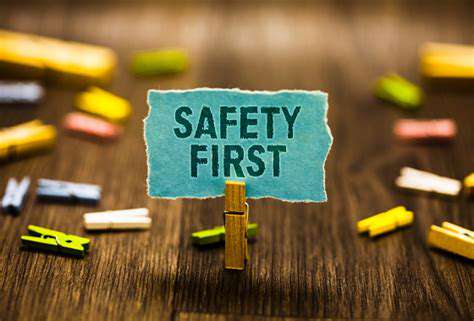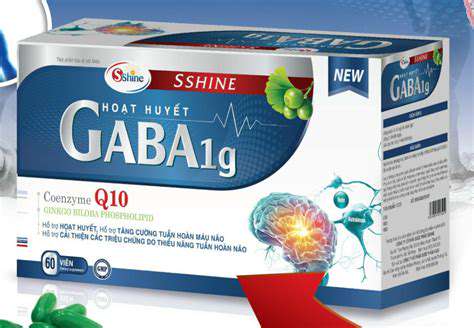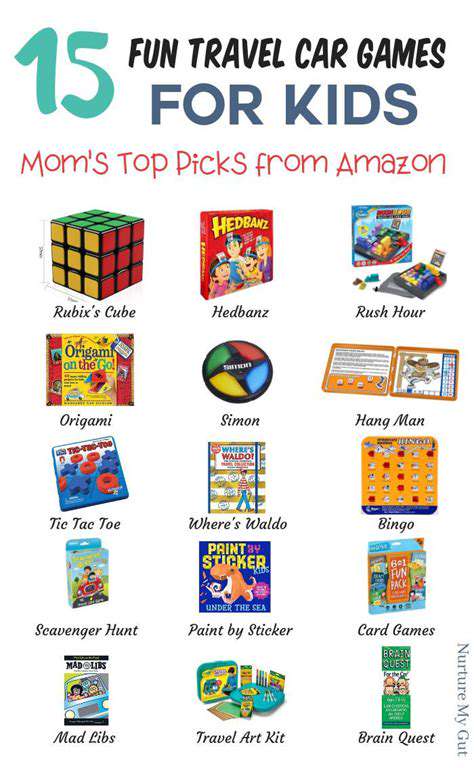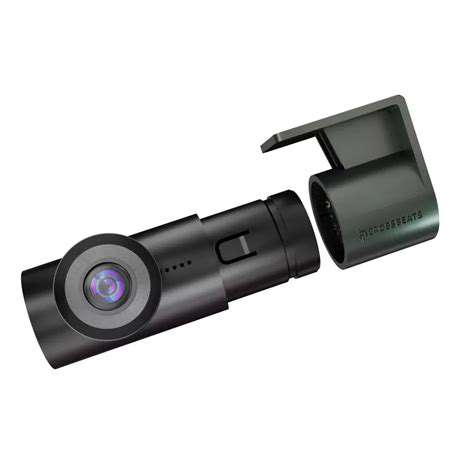Pre-Cleaning Preparation
Before diving into the deep clean, gather your supplies. You'll need a sturdy trash bag or container for discarded debris, a stiff-bristled brush (a scrub brush works well), a bucket of warm soapy water (a gentle dish soap or car wash soap works best), a spray bottle filled with water, a hose or garden sprayer for rinsing, and a clean towel or microfiber cloth for drying. Having these readily available will streamline the process and help prevent unnecessary steps.
Thoroughly inspect the floor mats for any obvious large debris or spills. Remove anything that can be easily pulled out or picked up, such as food crumbs, wrappers, or small toys. This initial removal will significantly reduce the amount of cleaning required later on.
Removing Loose Dirt and Debris
Using the stiff-bristled brush, gently but firmly scrub the floor mats to dislodge any loose dirt, dust, and debris. Pay extra attention to areas where dirt tends to accumulate, such as around the edges and seams of the mats. Be cautious not to scratch the mats' surfaces with excessive pressure. Focus on breaking up any ingrained dirt clumps.
If there are any particularly stubborn bits of grime or dried spills, consider using a damp cloth or sponge to loosen them up before scrubbing. This can help prevent damage to the material and ensure a more thorough removal of the dirt.
Soaking and Scrubbing
Place the floor mats in the bucket of soapy water, ensuring they are completely submerged. Let them soak for at least 15 minutes. This allows the soap to break down any embedded dirt and grime, making it easier to remove.
Once soaked, use the stiff-bristled brush to scrub the mats thoroughly. Focus on areas that have persistent stains or dirt buildup. Work in sections, scrubbing each area effectively before moving on. Be mindful of the mat's material to avoid damaging it with excessive scrubbing.
Rinsing and Drying
After scrubbing, thoroughly rinse the floor mats with a hose or garden sprayer. Ensure all soap residue is removed to prevent potential spotting or discoloration. Rinse until the water runs clear.
Drying and Final Touches
Lay the mats flat on a clean, dry surface to air dry completely. Avoid placing them in direct sunlight, as this could potentially fade the colors. Use a clean towel or microfiber cloth to absorb any remaining moisture. Once completely dry, carefully place the mats back in your vehicle.
Inspect the mats for any lingering stains or dirt. If needed, repeat the cleaning process on any remaining soiled areas. This final inspection ensures a spotless and clean finish to the cleaning process.
Drying and Maintaining Clean Car Carpets

Proper Drying Techniques
Drying your car after washing is crucial for preventing water spots and maintaining its overall condition. Rinsing off loose dirt and debris first is an important step. This prevents scratching your car's finish as you dry it. Using a microfiber towel, starting from the top and working your way down, is the ideal method for drying. This meticulous approach minimizes the risk of streaks and ensures a streak-free, sparkling finish. Microfiber towels are excellent at absorbing water and leaving a clean, dry surface.
Avoid using harsh or abrasive cloths, as these can scratch the paint. Utilizing a chamois leather can also be an effective drying method. However, it's essential to remember to properly maintain and clean these leather cloths for optimal performance. Using a squeegee on large, flat surfaces can also expedite the drying process and help eliminate water spots.
Preventing Water Spots
Water spots are a common issue after washing, and they can significantly affect the appearance of your car. The key to preventing them lies in the drying process itself. Thorough drying, using the right tools, and minimizing the time the car is exposed to water are essential steps. By removing water quickly, you can prevent water spots from forming. Ensure the car is completely dry before leaving it out in the sun or storing it.
Using a spray-on drying aid or wax can also help prevent water spots by making the surface less receptive to water droplets. Proper drying techniques, coupled with these products, can significantly minimize the likelihood of water spots.
Maintaining Interior Cleanliness
Maintaining a clean car interior is just as important as keeping the exterior clean. Regular vacuuming and wiping down surfaces can prevent the accumulation of dust, dirt, and grime. Cleaning the interior is just as important to the car's overall health as the exterior. Regular cleaning and maintenance will help prevent wear and tear on the interior parts of your car.
Using appropriate cleaning products for different materials is vital. For example, leather interiors require specific cleaning solutions to avoid damage. Proper care of the interior will help maintain the value and longevity of your car. Removing spills promptly is also key to preventing stains and odors.
Protecting Your Car from Environmental Factors
Protecting your car from harsh weather conditions, such as rain, sun, and snow, is vital for preserving its condition. Park your car in a garage or covered area whenever possible to shield it from the elements. This will protect the car's paint from fading and the interior from damage. Protecting your car from the elements is a crucial part of maintaining its value and appearance.
Using a car cover when the car is not in use can also provide an extra layer of protection. This will help prevent dust, dirt, and other debris from accumulating on the surface. Regular car maintenance and protection will keep your car looking good and prevent costly repairs.











